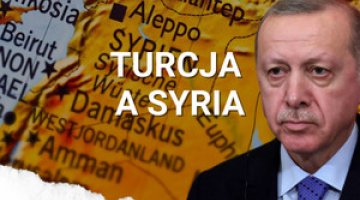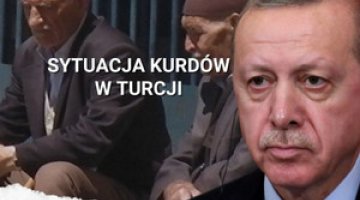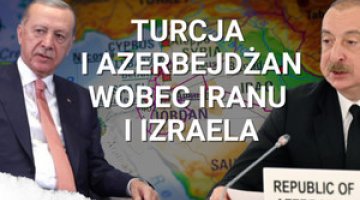Analyses
Crisis in Turkish-Dutch relations
On 11 March, the Dutch government deported the Turkish Minister for Family and Social Affairs from the Netherlands and declared her persona non grata. Fatma Betül Sayan Kaya had been expected to meet with voters in the Turkish consulate in Rotterdam. The decision to deport her led to riots among the Turkish minority. Ankara responded to the incident by suspending political contacts on higher levels, beginning at the ministerial level, and announced it would bring its complaints to the UN, the OSCE and the Council of Europe due to the Netherlands breaching the Vienna Convention on Diplomatic Relations.
Commentary
- For two weeks or so, representatives of the Turkish government have been engaged in an intensive campaign in Europe ahead of the referendum on the constitutional reform that will replace the parliamentary political system in Turkey with a presidential one, scheduled for 16 April. Their goal in this is to politically activate the Turkish diaspora. Since the outcome of the referendum is uncertain (support for the presidential system remains at around 50%), the government views the votes of Turkish emigrants in Europe as being crucial. Furthermore, the government’s intensive contacts with the diaspora are intended at turning it into an instrument of pressure on the governments of individual member states of the EU.
- The dispute with the Netherlands is the worst in a whole series of conflicts between Ankara and the governments of other European countries with a Turkish minority. Over the past week Turkish politicians were prevented from making public addresses in Germany, while Denmark has rescheduled the visit of the Turkish president, Recep Tayyip Erdoğan. This tension is temporarily linked with upcoming parliamentary elections (in Germany and the Netherlands) and presidential elections (in France) in those countries where anti-immigrant groupings may garner high support. Furthermore, they are also an expression of the objection to authoritarian tendencies in Turkey which will intensify if the presidential system is introduced. In the broader perspective, they can be viewed as proof of the continuing process of a thorough redefinition of Turkey’s relations with the European Union and its individual member states. Turkey is convinced that it has been consistently strengthening its hand in these relations, talking from a position of strength.
- Given the present condition of relations between Turkey and the individual EU member states and the European Union as a whole, tension on the political level should be expected to grow. At the same time, regardless of further threats, the government in Ankara will continue to co-operate on the migration crisis. It will also make efforts to maintain economic relations (Turkey and the EU are members of a customs union, and 40% of Turkish exports go to the EU). Proofs of this include that fact that, despite generally anti-European slogans, Turkey has only taken real measures against the Netherlands, and these measures have above all affected the government in The Hague—Turkey has emphasised that the sanctions do not concern Dutch citizens. Ankara does not question the institutional aspect of co-operation with the EU. Nevertheless, the crises that have been intentionally exacerbated by the Turkish government and attempts to use the diaspora in the game against the European states will most likely be seen increasingly frequently.




